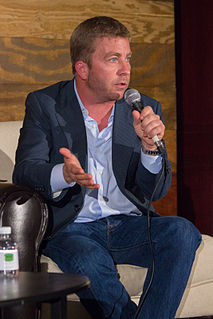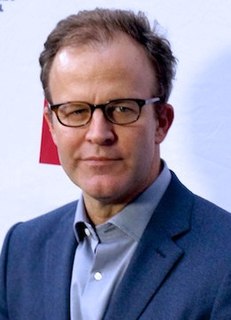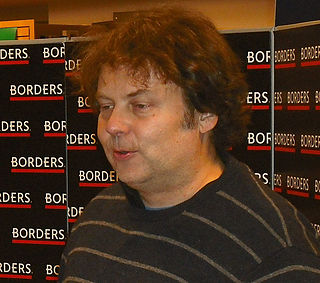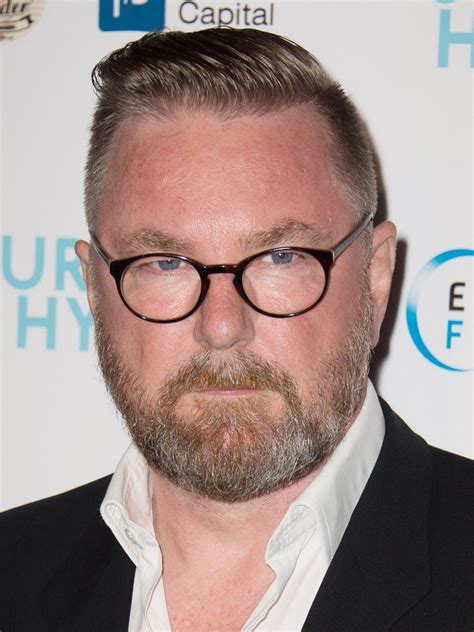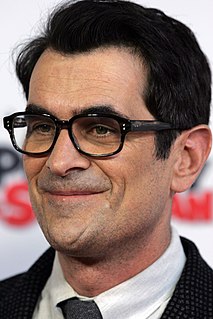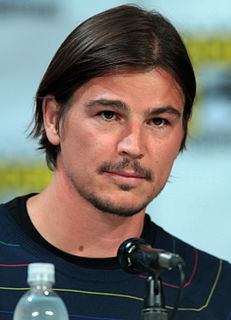A Quote by Cary Fukunaga
I think auditions are set up for failure because they're not really the set experience. There's no time to develop the character. You're just looking at someone... if someone's really good in an audition, sometimes they're not good in the film. It's something you learn when you're doing short films. It's the same way that some people do well at taking tests and some people don't. But when you're on a long-term filmmaking process it's a completely different feeling.
Quote Topics
Audition
Auditions
Because
Character
Develop
Different
Doing
Experience
Failure
Feeling
Film
Filmmaking
Films
Good
Just
Just Looking
Learn
Long
Long-Term
Looking
No Time
People
Process
Really
Same
Set
Short
Short Film
Short Films
Some
Some People
Someone
Something
Sometimes
Taking
Term
Tests
Think
Time
Up
Way
Well
Related Quotes
When I first heard 'A Christmas Story, the musical,' I thought, Oh, that could be really good. It just felt like it fit. Some films lend themselves well to other formats, some don't, but there are so many fantasy sequences in the film, and Ralphie's such a dreamer as a character, I thought they could really lend themselves to being set pieces.
Taking chances is my job; some will connect and some won't, and certain films find their audiences in different ways. I think 'Spotlight' probably is a better movie because of 'The Cobbler.' You learn with every movie you make: you learn from your mistakes, and you learn from your achievements, and I really do have that approach to filmmaking.
As a man - no longer a teenager that can play those really young roles, but as a man - I think I've only just got good in the last three or four years. I only watch my old films because, as someone who wasn't trained, that's how I look at my mistakes; I see something and I go, "Well, that's not good," and I learn from my mistakes. Same with the writing and same with the directing.
Some people think it's psuedo-science, but it's called morphic resonance. It's when someone thinks of an idea, it makes it easier for someone else to think of the idea. That's why you should do crossword puzzles later in the day, because other people have thought about the answers. That's why you hear about people coming up with inventions almost at the same time, because someone else is thinking about it. That's why whenever I have a really good idea, I'm always worried about theft.
Well, I kind of did the math in my head when I was like, 9. I was like, 'Well, if I want to make films' - because I want to be a director - 'I could just go on a film set and learn there.' And then I ended up falling in love with acting and the set and making friends all the time. And so I've just been doing that ever since.
Sometimes the best set experiences make for the worst films. So, you don't want it to be too good an experience! But the bulk of your life is working with people and collaborating so you don't want anyone to be miserable on your film either. You want it to be something that people walk away from saying that it was a good experience for them and hopefully a good film. As a director, you are sort of leader of that troupe for that period of time, so you're aware of morale and your effect - how you are as a person and how that sort of trickles down to everyone else.
I still audition a lot - it depends on the medium. For film, I audition just like everyone else, because it's a different set of casting directors. For television and theatre - well, for theater, there's some auditioning that has to happen, just for them to know that you can sing it, and how you'd take on the part. But for TV, things are getting a little better with, "Would you like to be a part of this?" But that's really for one - night things. It sounds like a pompous answer, if I say people are calling me to ask me to do things.
People talk about the difference between working on stage and working on film. I think you could say that there are as many differences between working on low budget films and working on big budget films. You really are doing the same thing, but at the same time you're doing something vastly different as well.
The scheduling thing is really weird with TV shows. Certain projects haven't been able to work out because of the schedule, so some of it is out of your control. You don't have very many opportunities. There isn't much time, so you want to make sure you're going to be doing something that you really feel good about or that you're going to have a good creative experience doing. You're taking up vacation time from your job, so you want it to be meaningful.
I'm planning some films in the U.K., and it will have pros and cons. It takes a lot more time to set up a film in the U.K., because you can't rely on much. In Greece, friends show up and bring what they can and you make the film. Well, that's a bit simpler than how it really is. But when you make a film with proper industries, it takes more time to synch all these things.
You learn so much from making mistakes, not even necessarily mistakes that I've made, a lot of the time the films just don't work out because it's a really difficult process. And sometimes there's a certain person underlining process. But I've had an opportunity to work on all different types of films and I have had a lot of opportunities to stretch myself in different ways and now is the time where I get to try and figure out out the roles that I can really play well and play them well.

